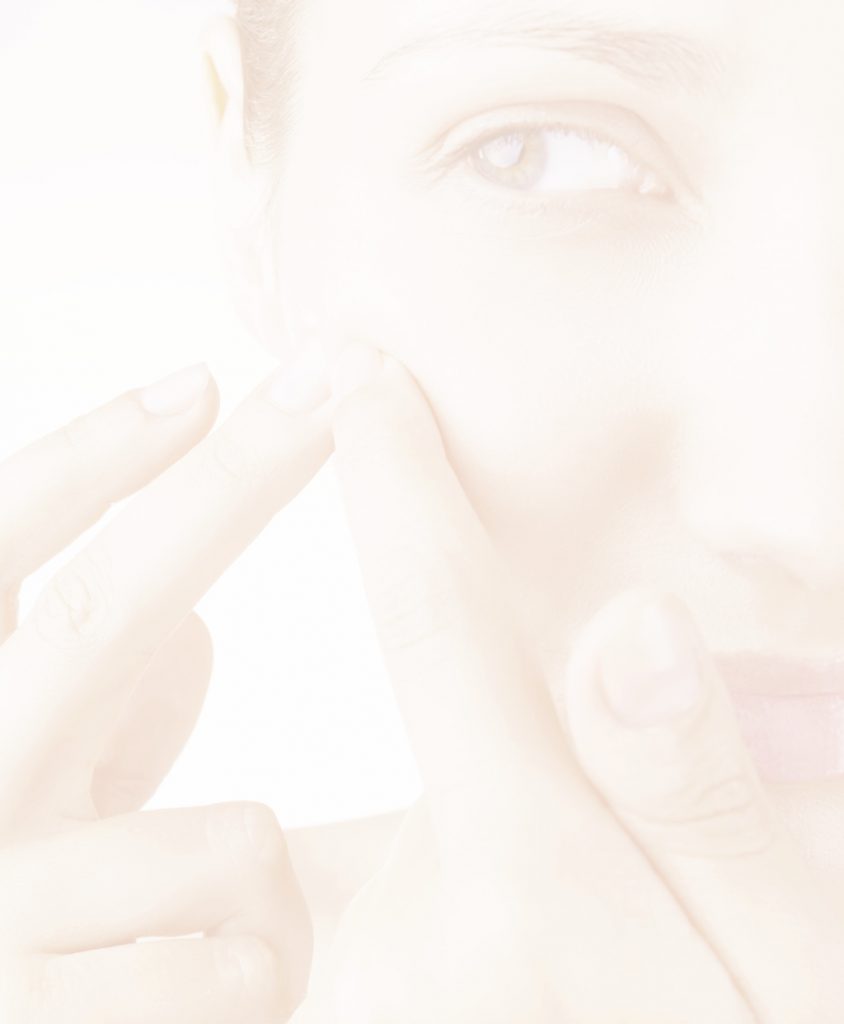
Every one of us has encountered acne or eczema either personally or through a friend, in our lifetime. Dr Wong Su-Ni answers the frequently asked questions related to these two common skin conditions.
ACNE
- Do I have acne because my face is dirty?
Poor hygiene can aggravate acne, but it is not the only cause of breakouts.
- Why is acne more common in teenagers?
During puberty, there is a surge in hormone activity; sebum production is increased, and blocked pores (blackheads and whiteheads) are more common, leading to acne when they become inflamed
- How common is adult and why does it occur?
Up to 25 per cent of adult females are affected by acne, mostly due to homone changes, like premenstrual flares. Certain make-up or skin care products, stress and diet also aggravate the condition.
- Can my diet cause acne?
Foods high in refined carbohydrates, sugar and oil and dairy products may worsen acne. This is thought to be due to hormonal effects triggered by high sugar levels or the food.
- What can I do about the scars?
Post-acne red/brown marks are common in Asian skin, and take several months to resolve. Topical treatments, sun protection, and laser/IPL treatments may help them to fade faster. Depressed or raised scars, however, are permanent, and require more intensive treatments, like sublative rejuvenation, laser resurfacing or even filler injections.
ECZEMA
- Where does eczema commonly occur?
On the neck, bend of the elbow, behind the knees, face and scalp. However, it can occur on any part of the skin
- Is eczema genetic?
Yes. However, episodes of flares
are usually triggered by aggravating factors such as hot humid weather, skin
dryness, stress, insect bited, and irritation or allergy to products that come
into contact with the skin.
- What can I do to control eczema?
Identify aggravating factors: for example, if you get a rash after using a particular brand of soap, avoid using it. Use a gentle soap-free cleanser and moisturiser for dry, sensitive skin. Your dermatologist may prescribe creams that suppress the inflammation; use it at the first sign of an eczema flare.
- Can eczema be cured?
There is no cure for eczema, but with vigilance, it can usually be kept under control.







